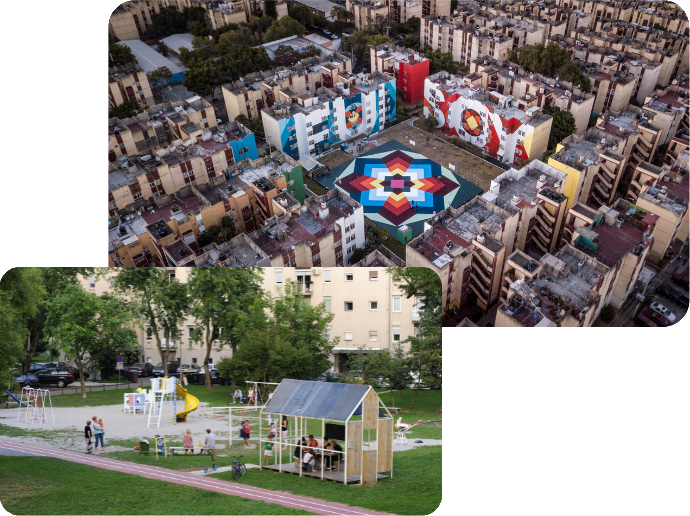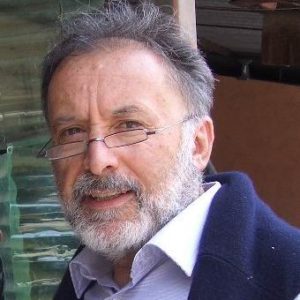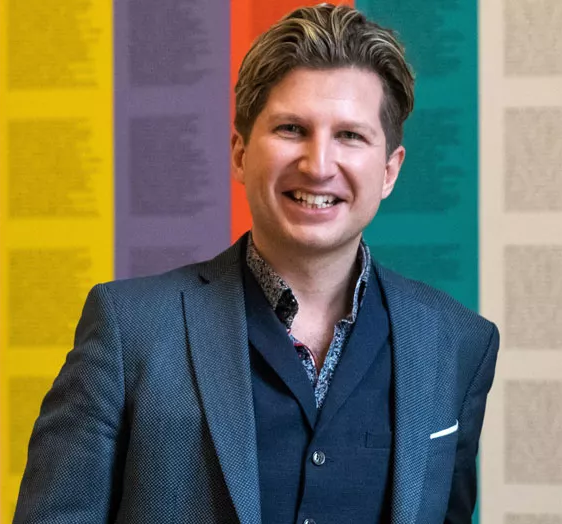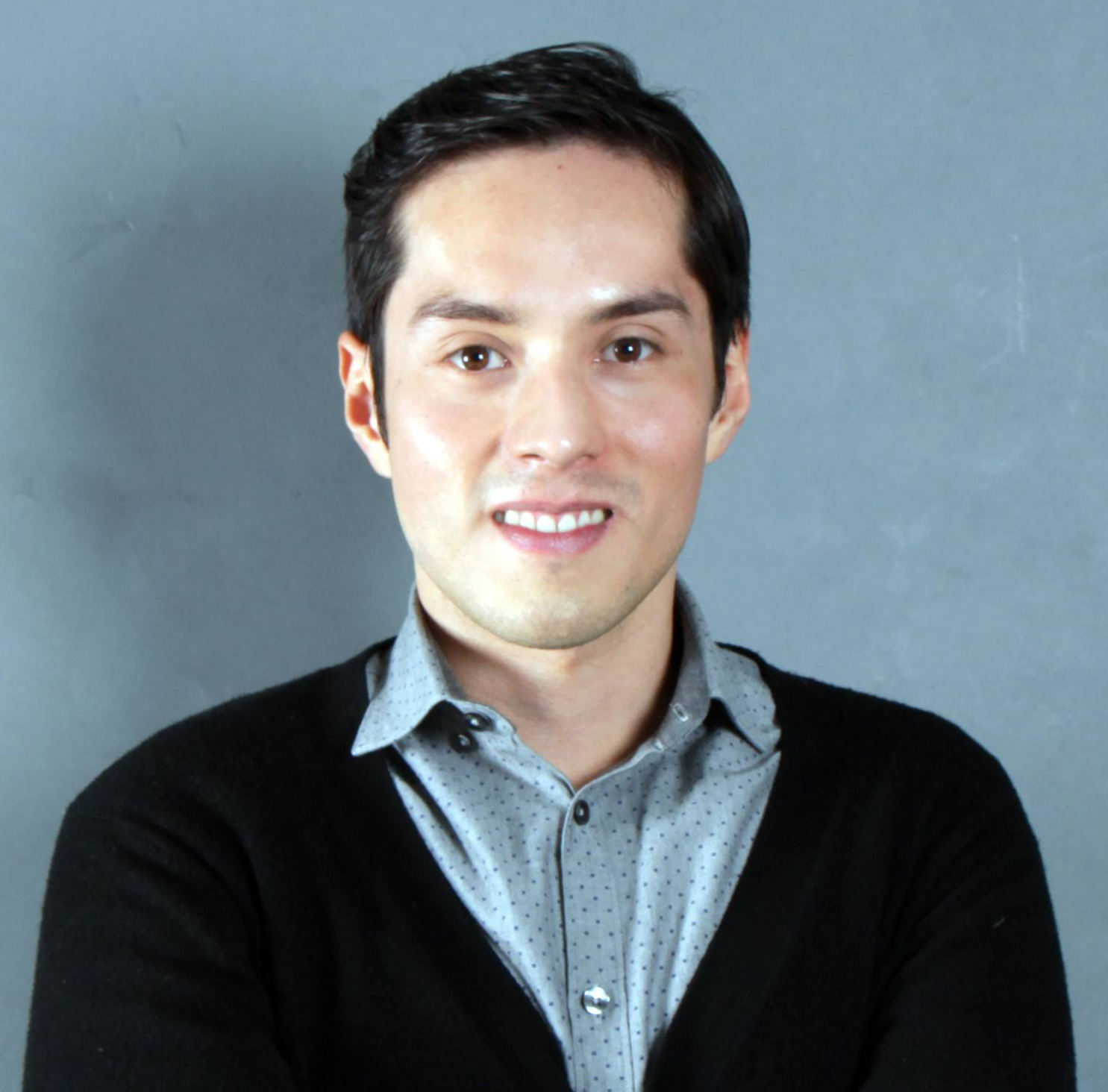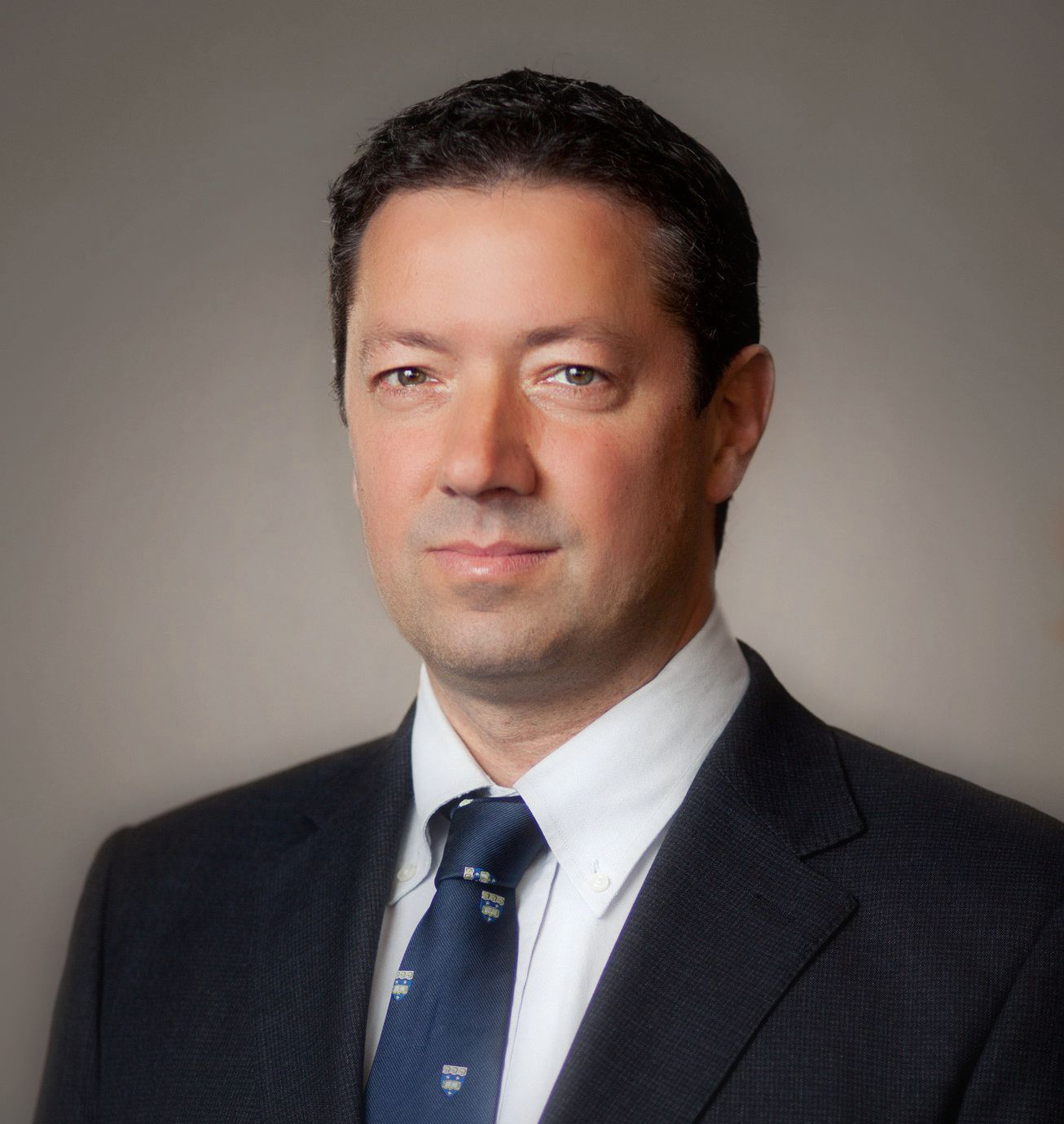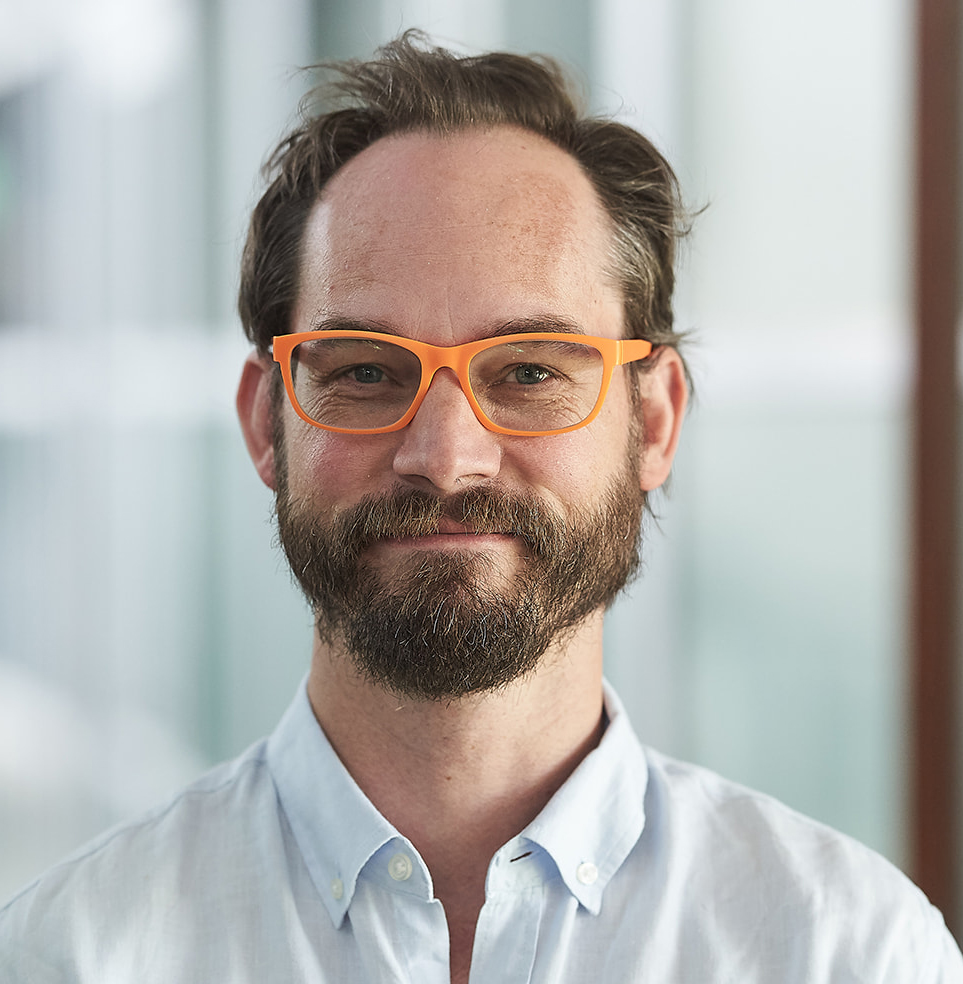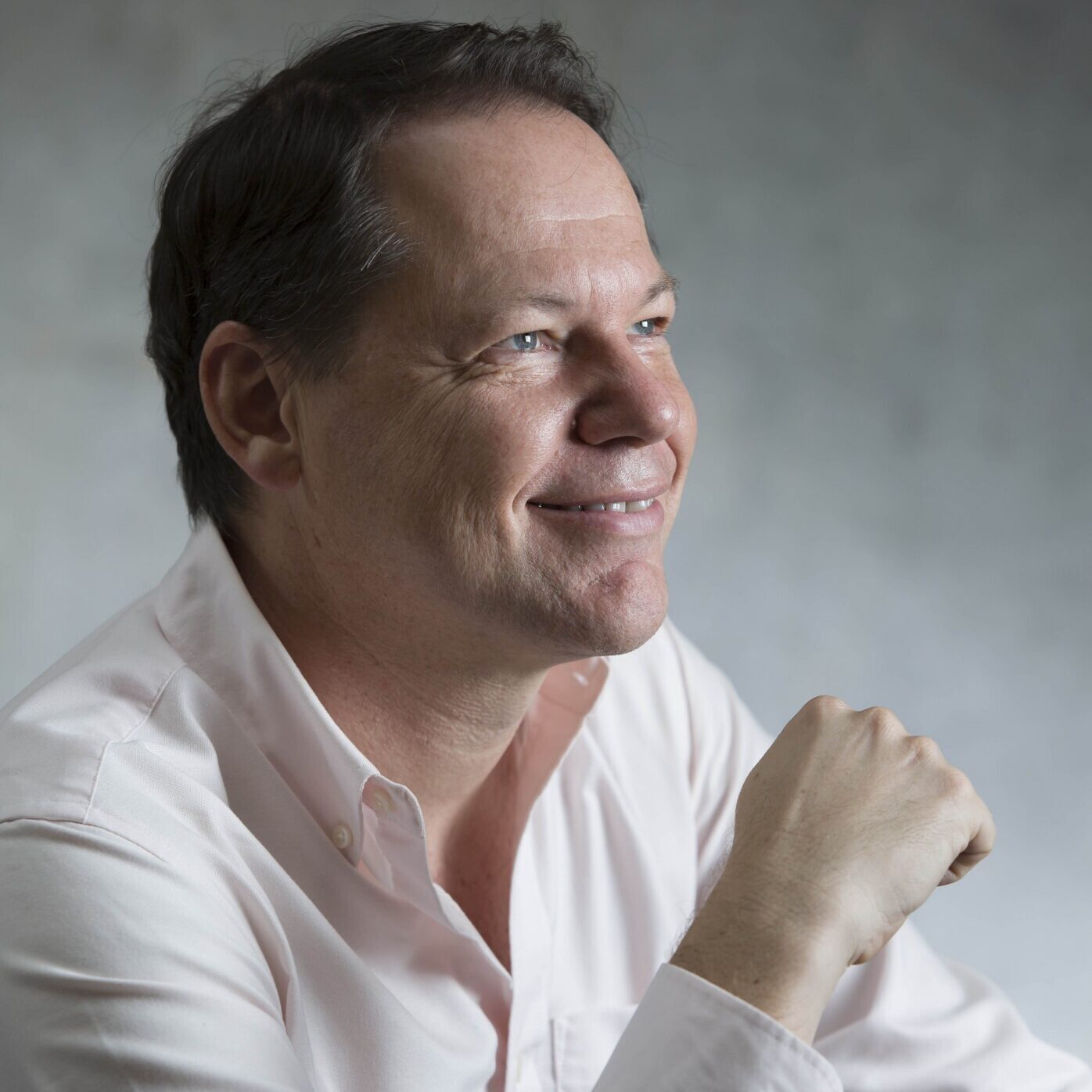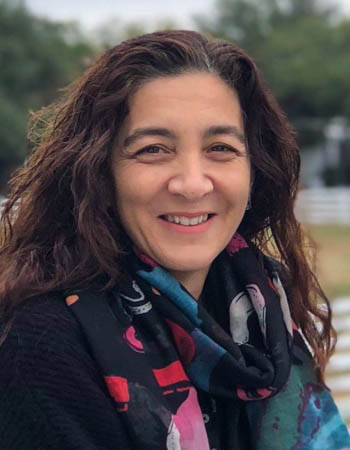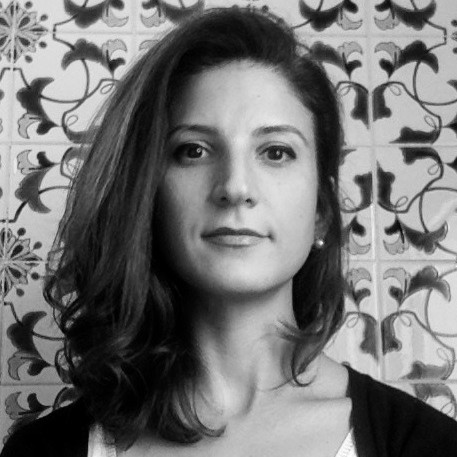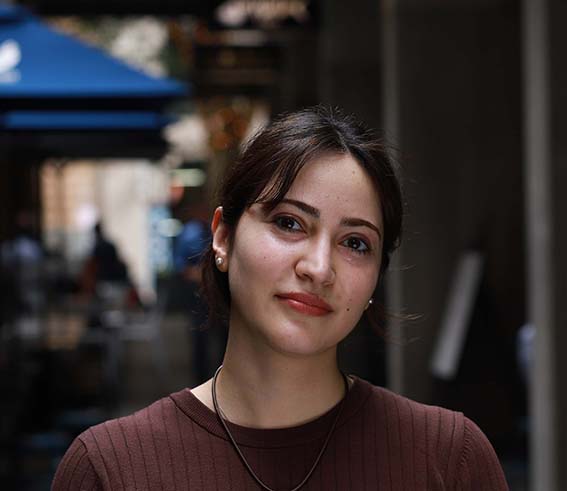AWARDED INNOVATION IN EDUCATION
The concept idea of the Public Space Academy was included in the Local Project Challenge (LPC), a project promoted in 2019 by the Earth Institute, Center for Sustainable Urban Development at Columbia University in New York and the Faculty of Architecture, Federal University in Rio de Janeiro, intended to increase awareness of the Sustainable Development Goals of the Agenda 2030 and of the New Urban Agenda adopted at Habitat III, the United Nations Conference on Housing and Sustainable Urban Development that took place in Quito in 2016.
The Public Space Academy was one of the 110 projects from 39 countries included in the Local Project Challenge, under the section ‘Education’. Read more here.
FREE AND OPEN ONLINE LEARNING ENVIRONMENT
All courses are free but require a registration on our custom OpenEdX platform. Once registered, learners can access different contents:
– INTRODUCTION TO PUBLIC SPACE: lectures on theoretical introduction to public space (definition and examples), through an interdisciplinary approach. A certificate of completion is available upon request. Lectures are recorded in English;
– ADVANCED LEARNING ON PUBLIC SPACE: lectures expanding knowledge on the complexity of public space with examples from the Global South and cross-linking to governance and major contemporary challenges. A certificate of completion is available upon request. Lectures are recorded in English;
– SPECIALISED LEARNING ON PUBLIC SPACE: seminars addressing multiple topics linking public space to specific themes and topics, from theory to practice. A certificate of completion is available upon request. Seminars are recorded in different languages;
– INTERDISCIPLINARY SESSIONS: high-level interdisciplinary live sessions, in different languages and in different time zones, aimed at discussing specific topics or urgent issues related to public space. These sessions will be developed in different formats, such as webinars, keynote lectures, dialogues, interviews, and workshops, and will be aimed at engaging a large audience, fostering public engagement and participation, without issuing a certificate.
In addition, learners can take advantage of KEYNOTE LECTURES from leading scholars and professionals actively involved in the field of public space, available on a dedicated playlist on the Youtube channel of City Space Architecture.
DESIGN OF PRACTICAL SOLUTIONS
Online contents will be complemented with several face-to-face activities, such as talks, public dialogues, meetings, workshops, and exhibitions, in different cities worldwide, engaging Universities, cultural institutions and NGOs affiliated to City Space Architecture’s global network and who have already expressed their interest to cooperate in the development of the Academy.
A workshop will take place every year during the Summer in Bologna (Italy) at City Space Architecture headquarters, the Public Space Museum, to apply theoretical concepts delivered through the learning program to some specific case studies on a diverse range of issues related to public space, through a ‘learning by doing’ approach, in collaboration with local organisations, public and private institutions and NGOs.
Read the report from the first workshop (September 2023) here.
Top: Boa Mistura, SISI NI MASHUJAA (in Swahili means “We are heroes”), Nairobi, Kenya (2016). Read more here.
Middle: Dan Goronszy, Exhibition of Cares, Balaclava, Australia (2018). Photographer Theresa Harrison. Read more here.
Bottom: Plastique Fantastique, Loud Shadows | Liquid Events, Oerol Festival, Terschelling, The Netherlands. Read more here.
EXCELLENCE IN EDUCATION
We cooperate with the best and most influential
scholars, professionals and urban innovators worldwide
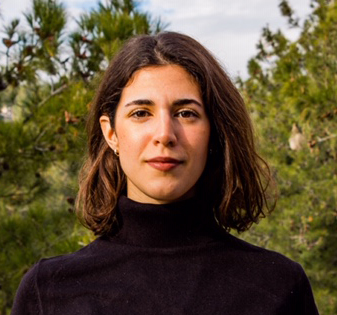
Anastasia Polychronidou
Dramaturg, Researcher of Performing ArtsGenerously supported by
UN-Habitat’s Public Space Programme was launched in 2012 with the objective to support local governments in creating and promoting socially inclusive, integrated, connected, environmentally sustainable and safe streets and public spaces, especially for the most vulnerable, promoting a better quality of life for all.
